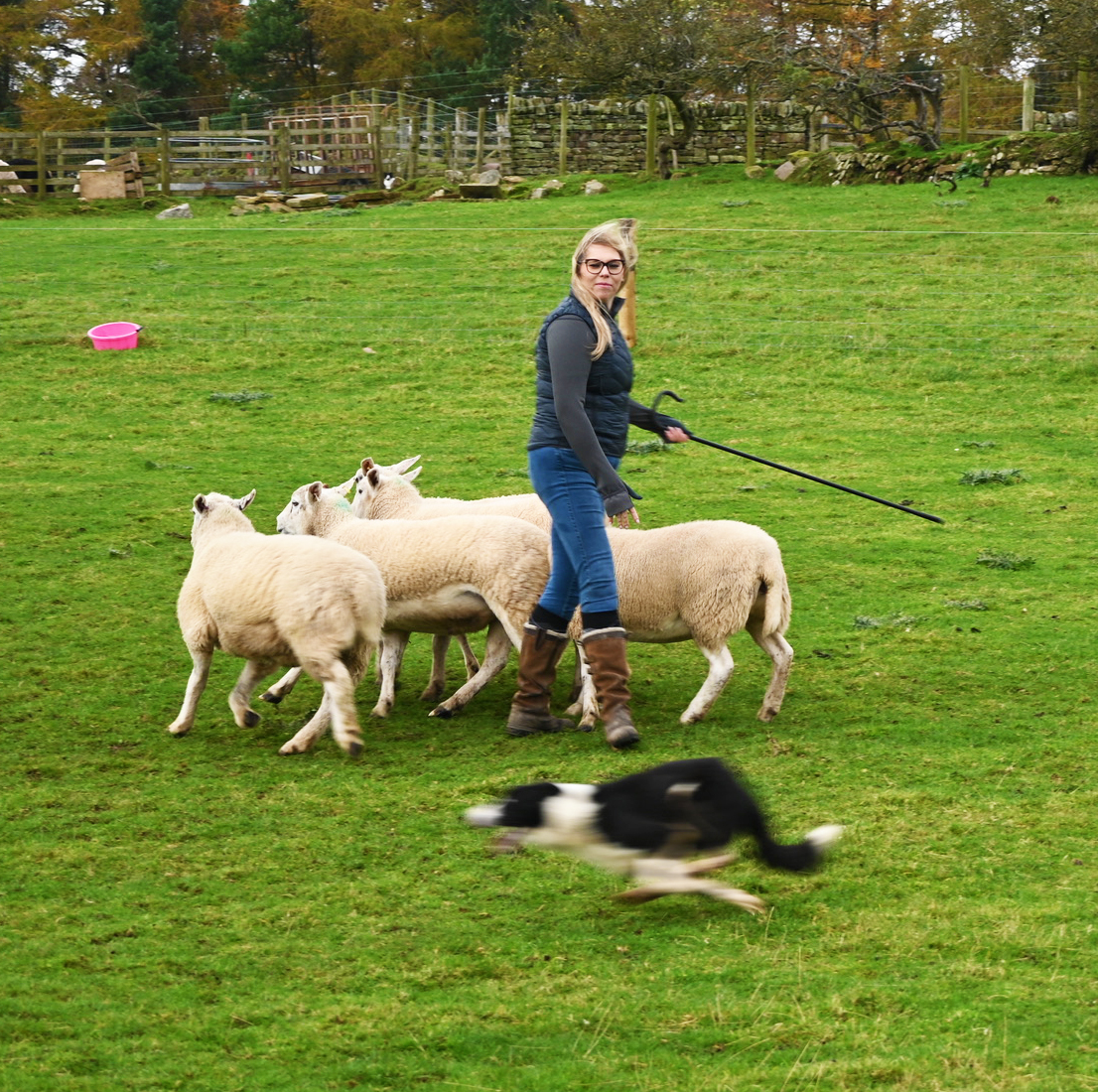The Science
This is not just a ‘day out on a farm’. If you’re interested in some of the psychology behind why it works – this is it.
Some of the ways we work tap into you as a human animal. If you’ve read the popular ‘Chimp Paradox’ by Steve Peters – you'll be more familiar with your ‘inner chimp’, that we’re working with here. If you’re a psychology purist, it’s referring to Sigmund Freud’s ‘id’ complex and how it controls some human behaviour.
You’re working
with your
primitive and intellectual
brain.
Your primitive Limbic Brain, also known as the paleomammalian cortex, is the emotional core. It’s partly controlled by a critical but tiny part of brain called the Amygdala. It’s the brain circuitry that we do share with chimps, and it is very activated at Natural Leaders.
Your Pre-Frontal Brain, also known as the frontal granular cortex, is the intellectual part of brain that you use for critical thinking and solving complex problems. It’s the part that separates humans from most of the wider animal kingdom.

To lead well, you need both working in symbiosis. That’s based on understanding them, and that all starts with awareness. Daniel Kahneman speaks to this in the bestseller “Thinking Fast and Slow”.
Natural Leaders safely guides you to experience the activation of both parts together, perhaps deeper than ever, and then to consider how to use the insight.
You can’t…
control your limbic brain by using your pre-frontal brain at all, even though you might think it could be a great skill! There are a host of reasons why that wouldn’t be a good idea.
You can…
find ways to understand it, build self-awareness and therefore more opportunity for better self-control in the moments that matter.

Natural Leaders gives you those moments
You might feel like an Impostor and that’s OK.
Many people tell us the first thing they experience is Impostor Syndrome. It’s normal.
It’s part of the experience because most teams don’t usually experience this all together, at the same time.
The feeling can show us how we respond to a need for agility in the moment and share support with each other. It builds connection based on authentic vulnerability.
The learning is fast, co-active and reflective.
Accelerated Learning means learning in the moment, often by doing real activity so it’s faster. It’s core to Natural Leaders. There’s new activity accompanied by debrief in the moment, alongside space for you to think.
Co-Active Coaching means “doing it in action, together”. We combine that with Reflective Coaching as we invite you to explore yourself in the work and reflect on it afterwards.
Intentionally using those two coaching approaches means appreciating we’re all on a leadership journey with no end and many ways think about it.
You work with key drivers of your animal behaviour.
Humans and all animals are part of nature. Biophilia is the term used to describe our desire to be in nature and we tap into that. In simplistic terms – we love being outdoors and it stimulates us, but Natural Leaders goes deeper than that…
New experiences like this invite exploration of a fascinating intellectual dichotomy: the two key behavioural drivers of:
1. Habituation (safety and comfort in what you know), and
2. Dishabituation (the pleasure response or occasional discomfort of newness).
It’s about how we shed light on those things in the moment. Those drivers are core for many mammals, and the experience guides you to far deeper awareness of it, and therefore of yourself.
Your brain will change at Natural Leaders
Neuroplasticity is about how your brain naturally moulds itself around new experiences and builds them into how you live and work. It is the process through which your brain grows real, new neural pathways that become drivers of habit, as James Clear writes about in ‘Atomic Habits’.
It is the core brain activity that drives all learning and behaviour change.
You will experience something new, and neuroplasticity will kick in unconsciously after the fact. You’ll reflect on it and consider yourself in a fresh light, giving space for new chosen behaviours that soon become habits.
That’s why we allow reflection space after the event and debrief later to close the loop with you.
The experience prompts the change to stick
The experience is highly memorable, which enables reflection because it sticks – so you’ll have more neuroplasticity happening. The change will happen for you because of the experience. Dan and Chip Heath speak to this in their book “Made to Stick: why some ideas survive and others die”
Natural Leaders is designed to accelerate personal, team and organisational growth through novel experience. These create stronger memory anchors that strengthen our ability to reflect on the impact and outcomes of the experience.